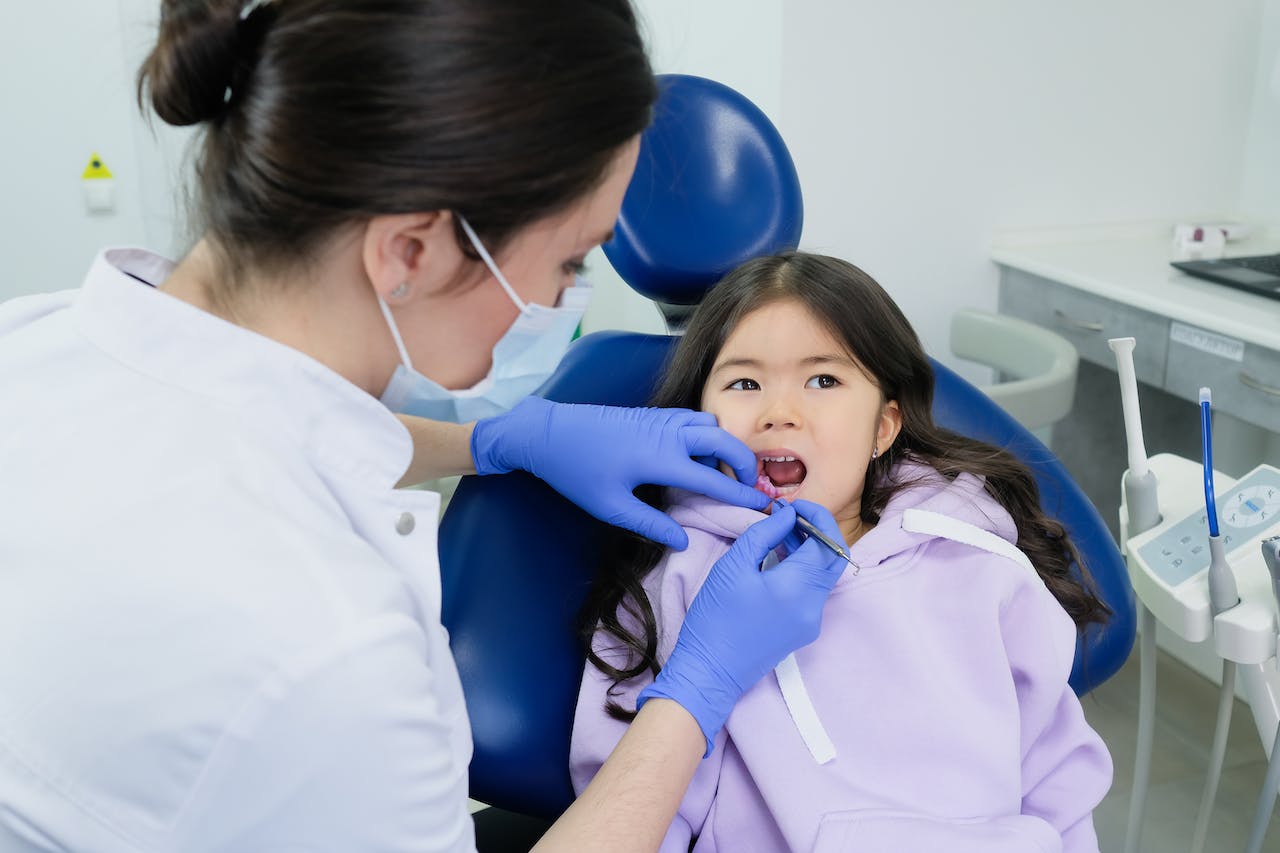
Optimal dental health in children is essential for their overall well-being. However, children can experience specific dental issues that, if left unaddressed, can lead to more significant problems.
This comprehensive guide will explore common dental issues in children and provide insights into effective preventive measures, empowering parents and caregivers to prioritize their child’s oral health.
1. Cavities and Tooth Decay
Preventing cavities and tooth decay in children is a priority for parents, and regular dental check-ups with a qualified dentist in Cary, NC, or in your area, can play a crucial role in your child maintaining optimal oral health. These skilled professionals can identify early signs of decay, offer preventive treatments like dental sealants, and guide effective oral hygiene practices.
Educating parents and caregivers on the importance of a balanced diet and proper oral care routines is also part of the dentist’s role in fostering long-term dental health. By doing so, families can proactively address and prevent common dental issues, ensuring children develop strong, cavity-free smiles that last a lifetime.
2. Gingivitis and Gum Disease
Gingivitis is an inflammation of the gums often caused by the accumulation of plaque and bacteria. If left untreated, it can progress to gum disease, leading to red, swollen gums and, in severe cases, tooth loss. Children can experience gingivitis due to inadequate oral hygiene.
Establishing a consistent oral care routine is crucial in preventing gingivitis. Teach your children proper brushing and flossing techniques. Emphasize the importance of cleaning the gumline and make and keep regular dental check-ups to address any signs of gingivitis early on.
3. Malocclusion (Misaligned Teeth)
Malocclusion refers to misaligned teeth or an improper bite. It can lead to issues such as difficulty chewing, speech problems, and an increased risk of dental injuries. Malocclusion can be hereditary or result from habits like thumb sucking or prolonged pacifier use.
Early intervention is key in preventing and addressing malocclusion. Discourage thumb sucking or pacifier use beyond infancy, and seek orthodontic evaluation if alignment issues are observed. Orthodontic treatments, such as braces, can correct malocclusion and promote proper dental alignment.
4. Tooth Sensitivity
Tooth sensitivity in children can manifest as discomfort or pain when consuming hot, cold, sweet, or acidic foods and beverages. Sensitivity can result from various factors, including thin enamel, cavities, or exposed tooth roots.
Preventing tooth sensitivity involves maintaining strong enamel. Encourage a diet rich in calcium and phosphorus for enamel health. Use a soft-bristled toothbrush to minimize enamel erosion during brushing, and consider fluoride treatments to strengthen enamel and reduce sensitivity.
5. Dental Trauma
Accidents or falls can result in dental trauma, causing chips, fractures, or avulsions (knocked-out teeth). Immediate attention is crucial to preserve the affected tooth and prevent complications.
While accidents are sometimes unavoidable, preventive measures can reduce the risk of dental trauma. Encourage the use of protective gear during sports activities, such as mouthguards. Supervise young children to minimize falls and educate older children about safety practices to prevent dental injuries.
6. Baby Bottle Tooth Decay
Baby bottle tooth decay, also known as early childhood caries, occurs when young children develop cavities due to prolonged exposure to sugary liquids, such as formula, milk, or fruit juice. It often affects the upper front teeth.
Preventing baby bottle tooth decay involves avoiding prolonged bottle use, especially during naps and bedtime. Clean an infant’s gums with a soft cloth, and as teeth emerge, encourage regular brushing with an age-appropriate toothbrush and a smear of fluoride toothpaste.
Conclusion
In order to give children’s oral health a higher priority, parents need to take preventative measures to deal with and avoid the most prevalent dental problems. A lifetime of excellent oral health may be contributed to by teaching youngsters about the need for good oral hygiene, encouraging them to eat a balanced diet, and taking them to the dentist for checkups on a regular basis.
Parents and other caregivers play an important part in protecting the health of their children’s smiles by being aware of the most frequent dental problems that affect youngsters and by taking preventative treatment for those problems.


